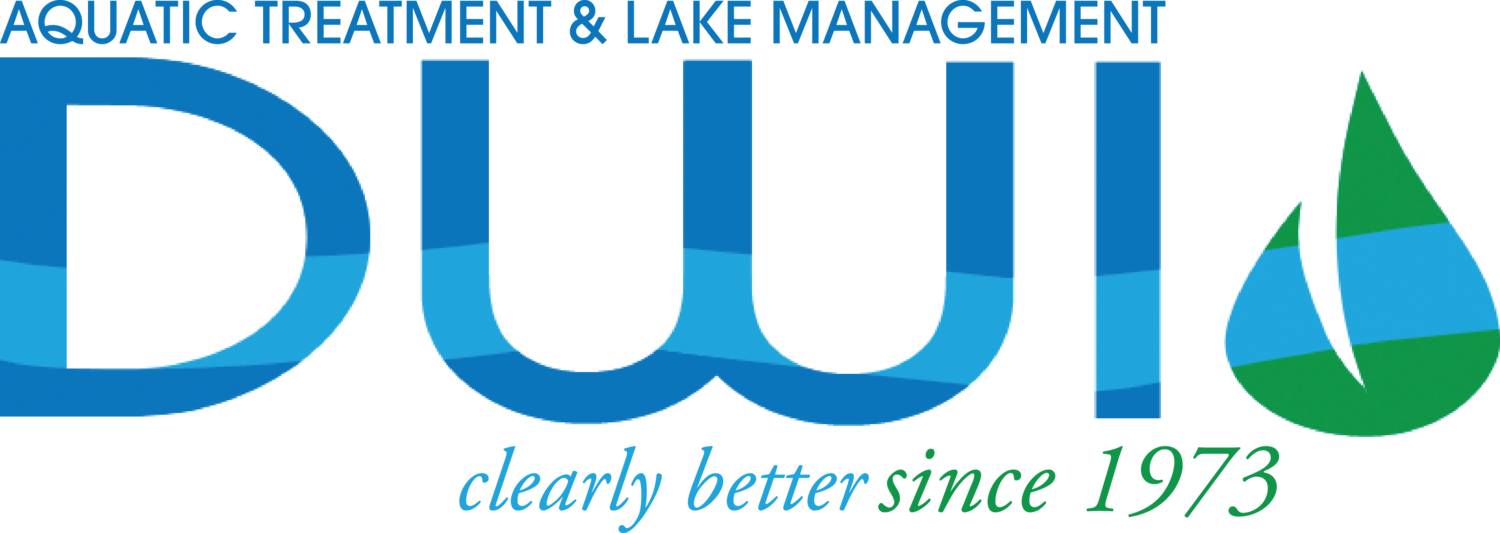By Patrick Simmsgeiger, Founder of DWI
What is water? Water is made up of two basic elements: hydrogen and oxygen.
Take care of water can be challenging. A common problem is for contaminants, pollution, algae, weeds, and odor to affect the water. When this happens at a man-made lake or pond there is no way for the water to naturally take care of itself.
We use products, experience, and knowledge to combat these problems. The products we use include chlorine, enzymes, chelated copper sulfate penta hydrate, and alum. They help treat algae and sludge. We also use flocculants and colorants to clarify and shade the water. The result is that algae will grow slower and the water will become clearer and bluer in color. Dyes are also helpful to color the water and used properly they are not a threat to fish or humans.
We treat water with an important product called “double chelated copper sulfate penta hydrate.” This product is the most effective product for controlling algae. It slows the growth of algae and enhances the quality of your water. Copper sulfate recently received a bad reputation because it was being misused but when you use a double chelated copper properly, you are using the safest and gentlest of the copper products.
It is important to have a good filter system to keep your water clean. Remember to drain your water feature every 5 years to dispose of the sludge and then refill it with fresh, new water. Finally, you must care for your water on a regular basis; maintenance is required regardless of the amount of use your manmade lake or pond gets.
What should you do if your water is already contaminated?
Once aquatic plants (like algae, weeds, or foam) are present, they are hard to control. There are all kinds of tools but none are solutions by themselves. The best approach is to hire a specialist who will work with you to restore a natural balance to the lake.
Nature is complex and it takes a lot of work to keep things in balance. That’s why aquatic management is important. Water is more complicated than it appears; each individual water feature needs its own customized treatment program.
When looking for help with your water, first determine if the person is licensed by your state. Does he or she have all the required applicator’s licenses and certifications? Second, ask for proof of Worker’s Compensation and General Liability coverage. Finally, ask for and check current and past references. Remember: the time you invest now saves you frustration and extra work later. This is why there are aquatic maintenance specialists. We aren’t just cleaning pools; we are keeping water in a natural balance and making your body of water beautiful.



